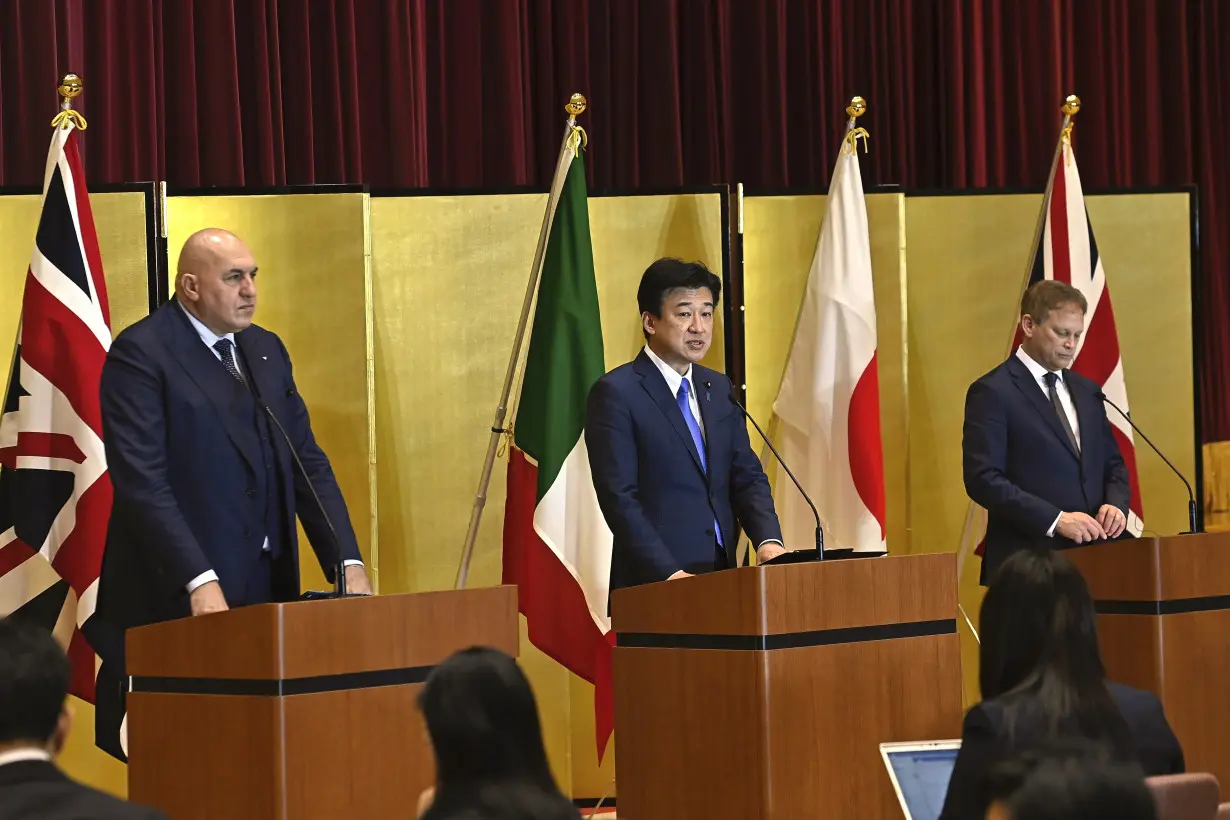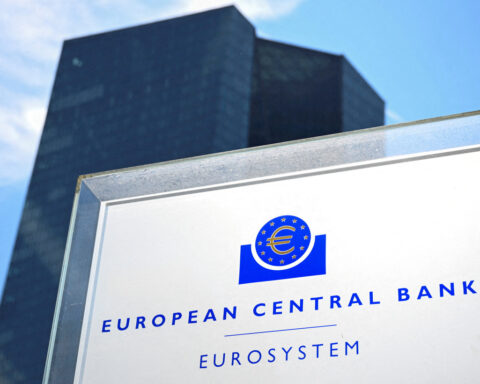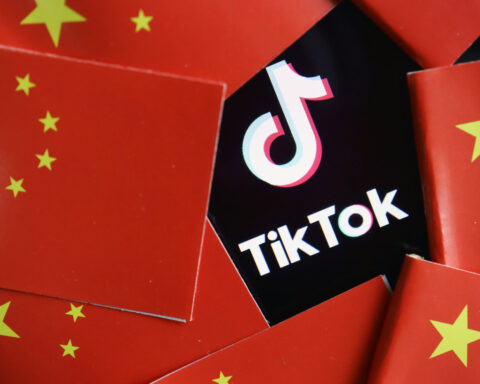TOKYO (AP) — Japan’s Cabinet on Tuesday approved a plan to sell future next-generation fighter jets that it’s developing with Britain and Italy to other countries, in the latest move away from the country’s postwar pacifist principles.
The contentious decision to allow international arms sales is expected to help secure Japan’s role in the joint fighter jet project and part of a move to build up the Japanese arms industry and bolster its role in global security.
The Cabinet also endorsed a revision to Japan’s arms equipment and technology transfer guidelines to allow coproduced lethal weapons to be sold to countries other than the partners.
Japan has long restricted arms exports under the country’s pacifist constitution, but has rapidly taken steps to deregulate amid rising regional and global tensions, especially from nearby China.
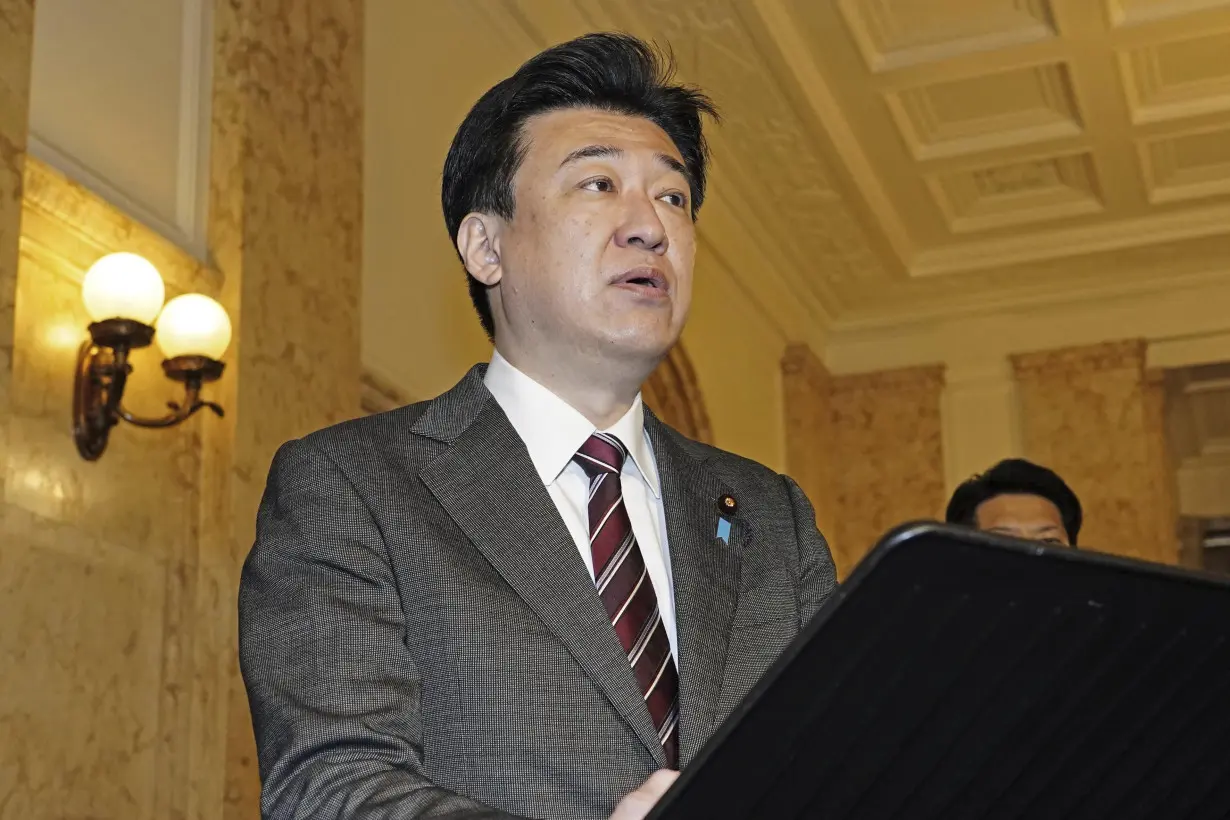
The decision on jets will allow Japan to export lethal weapons it coproduces to other countries for the first time.
Japan is working with Italy and the U.K. to develop an advanced fighter jet to replace its aging fleet of American-designed F-2 fighters, and the Eurofighter Typhoons used by the U.K. and Italian militaries.
Japan, which was previously working on a homegrown design to be called the F-X, agreed in December 2022 to merge its effort with a British-Italian program called the Tempest. for deployment in 2035. The joint project, known as the Global Combat Air Program or GCAP, is based in the U.K.
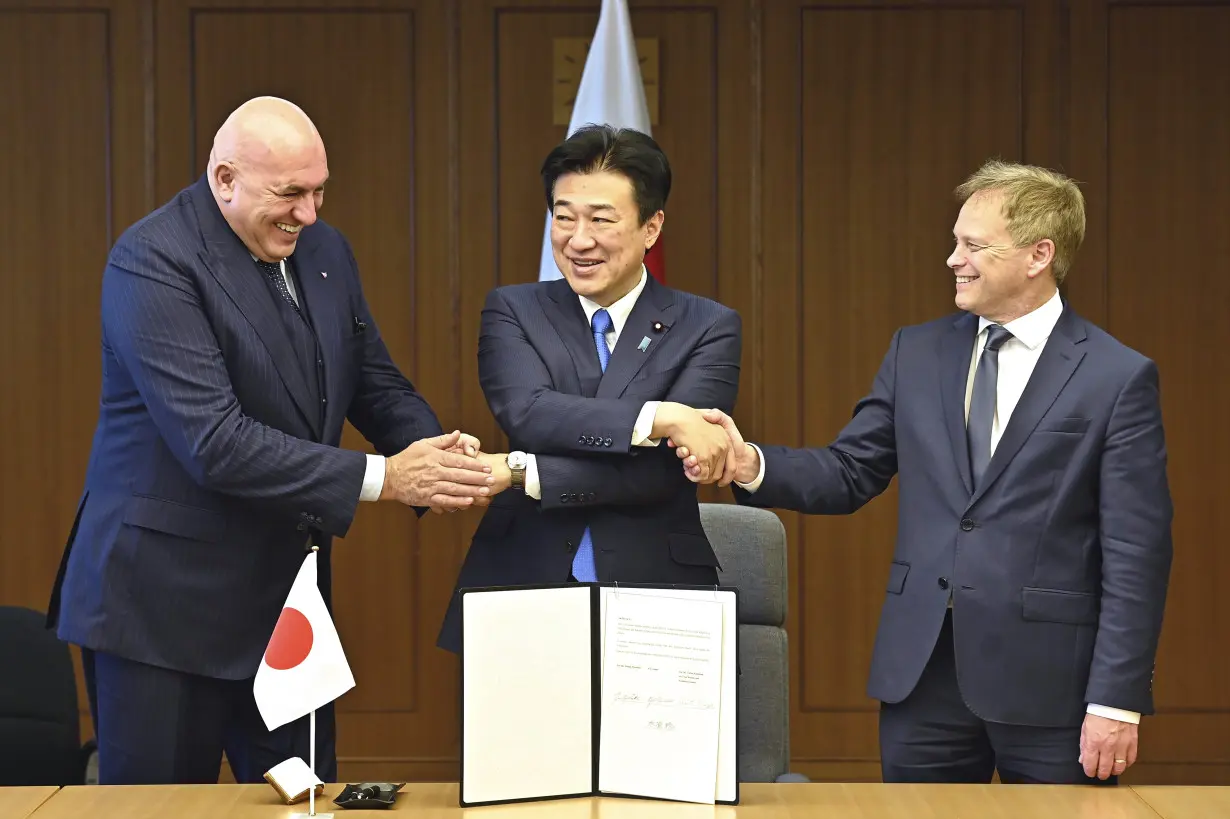
Japan hopes the new plane will offer advanced capabilities Japan needs amid growing tensions in the region, giving it a technological edge against regional rivals China and Russia.
Because of its wartime past as aggressor and the devastation that followed its defeat in World War II, Japan adopted a constitution that limits its military to self-defense. The country long maintained a strict policy to limit transfers of military equipment and technology and ban all exports of lethal weapons.
Opponents have criticized Prime Minister Fumio Kishida’s government for committing to the fighter jet project without providing an explanation to the public or seeking approval for the major policy change.
To address such concerns, the government is limiting exports of codeveloped lethal weapons to the jet for now, and has promised that no sales will be made for use in active wars.
The government also assured that the revised guideline for the time being only applies to the jet and that it would require Cabinet approval to do so. Potential purchasers will be also limited to the 15 countries that Japan has signed defense partnership and equipment transfer deals with.
Recent polls suggest that public opinion is divided on the plan.
In 2014, Japan began to export some nonlethal military supplies, and in a latest move last December, it approved a change that would allow sales of 80 lethal weapons and components that it manufactures under licenses from other countries back to the licensors. The change cleared the way for Japan to sell U.S.-designed Patriot missiles to the United States, helping replace munitions that Washington is sending to Ukraine.
In its decision, the Cabinet said that the arms export ban on finished products would hinder efforts to develop the new jet, and limit Japan to a supporting role in the project. Italy and the U.K. are eager to make sales of the jet in order to defray development and manufacturing costs.
Kishida sought Cabinet approval before signing the GCAP agreement in February, but it was delayed by resistance from his junior coalition partner, the Buddhist-backed Komeito party.
The change also comes as Kishida is planning an April state visit to Washington, where he is expected to stress Japan’s readiness to take on a greater role in military and defense industry partnerships.
Exports would also help boost Japan’s defense industry, which historically has catered only to the country’s Self Defense Force, as Kishida seeks to build up the military. Despite its effort over the past decade, the industry has still struggled to draw customers.

 Can AI help humans understand animals and reconnect with nature? A nonprofit research lab thinks so
Can AI help humans understand animals and reconnect with nature? A nonprofit research lab thinks so
 US must not become complacent to a growing terrorism threat, a Counterterrorism Center official says
US must not become complacent to a growing terrorism threat, a Counterterrorism Center official says
 Sedentary work linked to 37% higher risk of insomnia-like symptoms, new study finds
Sedentary work linked to 37% higher risk of insomnia-like symptoms, new study finds
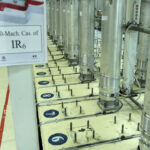 Israel supplied Iran with centrifuge platforms containing explosives, top official acknowledges
Israel supplied Iran with centrifuge platforms containing explosives, top official acknowledges
 Look of the Week: Timothée Chalamet adopts London’s most stylish accessory
Look of the Week: Timothée Chalamet adopts London’s most stylish accessory
 Republican bill seeks to curtail US FTC's merger-busting powers
Republican bill seeks to curtail US FTC's merger-busting powers
 Texas online porn age-verification law goes to US Supreme Court
Texas online porn age-verification law goes to US Supreme Court
 Overtourism was the buzzword of 2024. This summer looks to be just as crowded and chaotic
Overtourism was the buzzword of 2024. This summer looks to be just as crowded and chaotic
